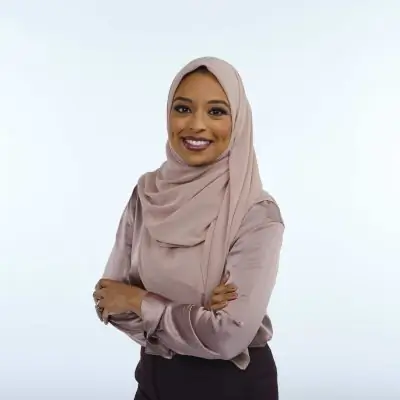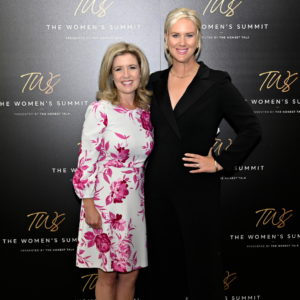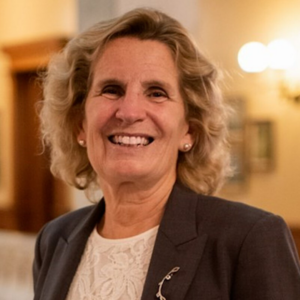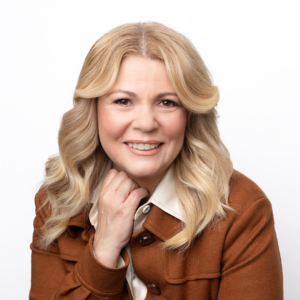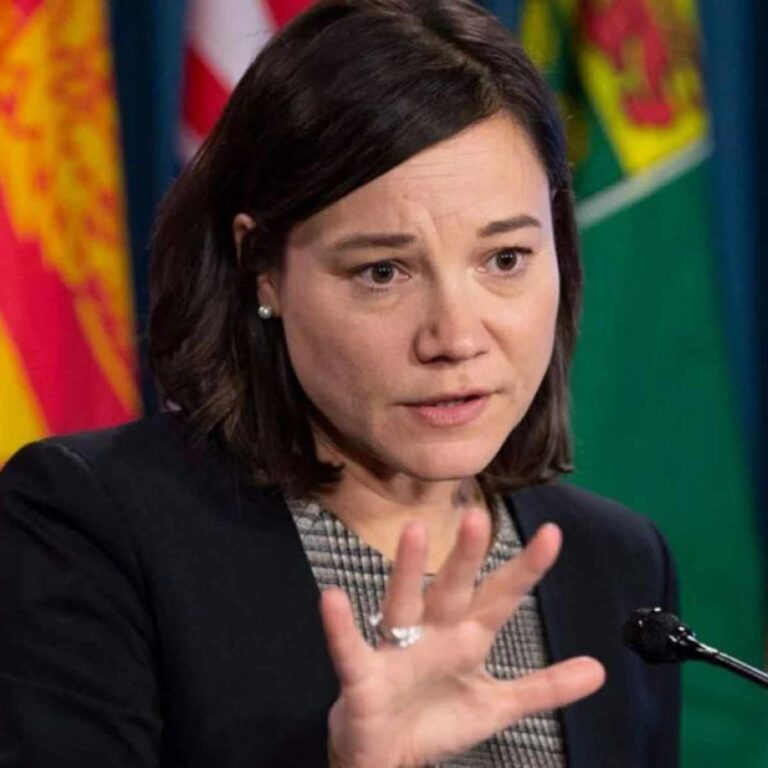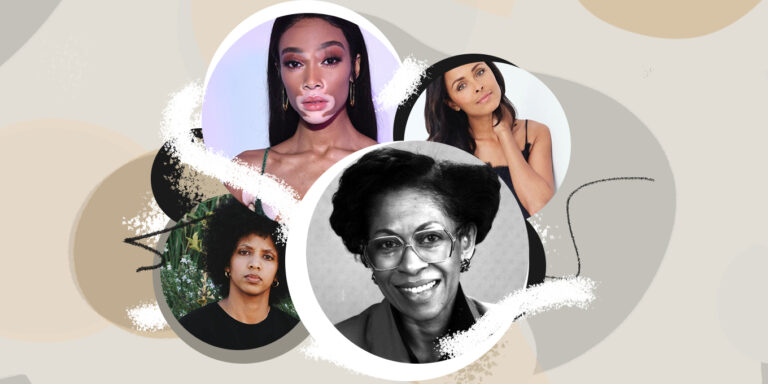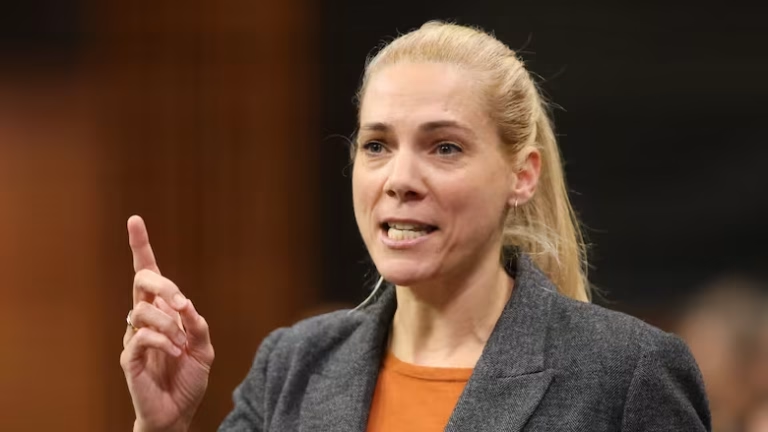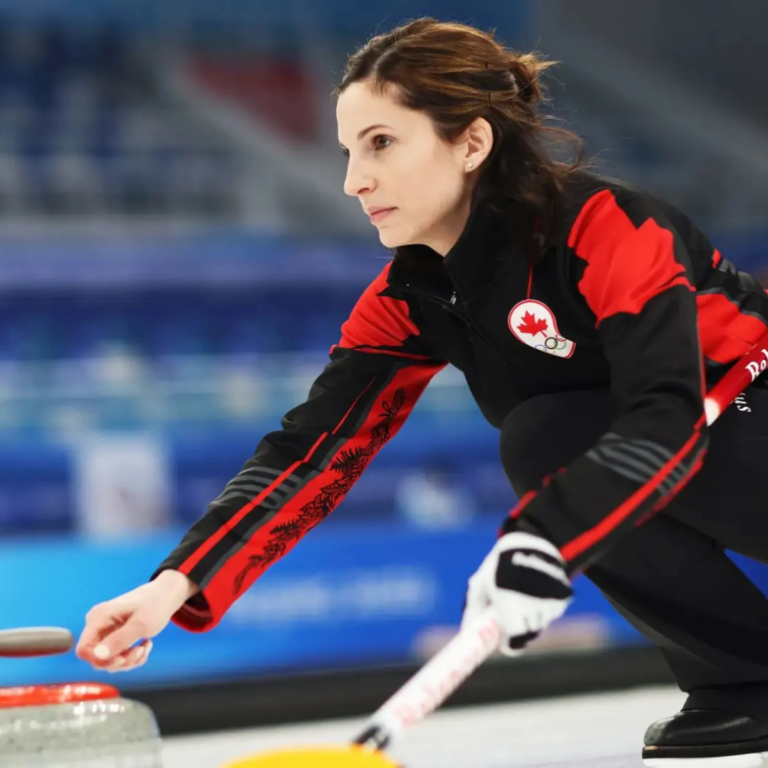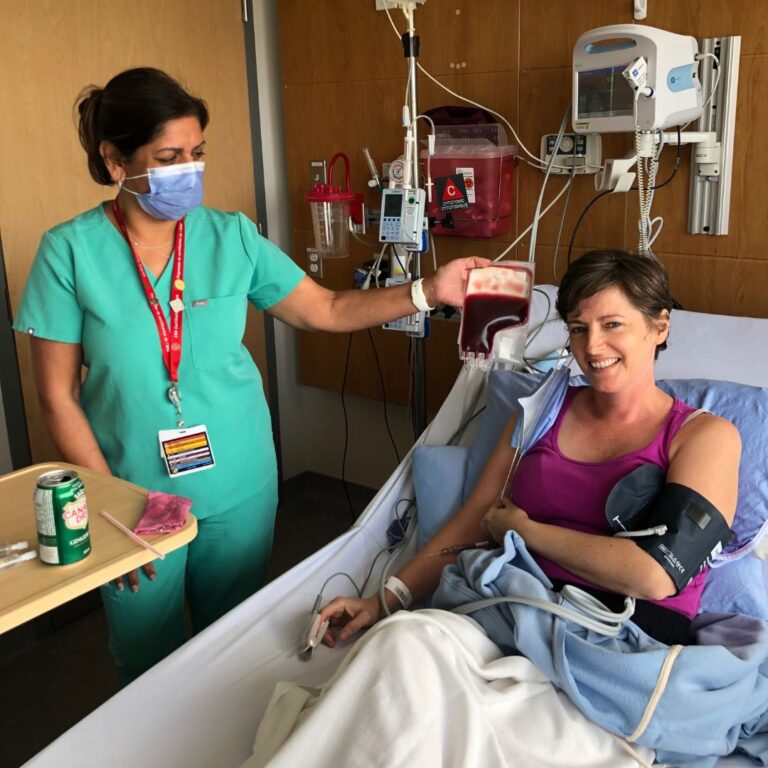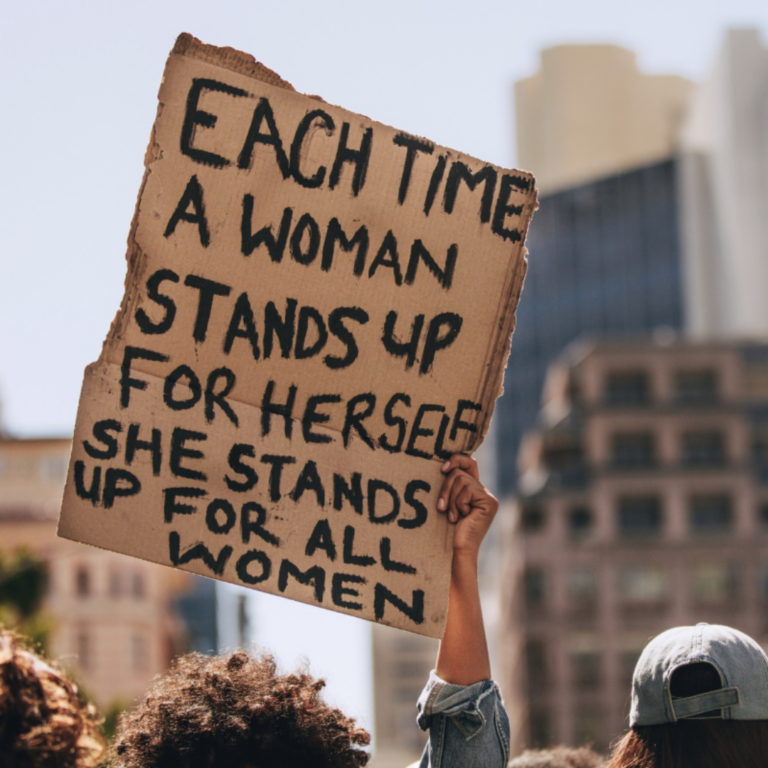Farah Nasser – Canadian journalist and anchor at Global Toronto
Farah Nasser is an award-winning journalist and the weekend anchor at Global National. She is a woman who has worked at every level of Canadian media, covering major stories here at home and abroad. Farah is also a wife, a mom, an active community volunteer and a daughter of immigrants to Canada.
She joined Jen and Catherine today to speak about building a career, facing racism, coping with stillbirth, and elevating the voices of those who feel marginalized.
Note: This transcript was edited for clarity and length.
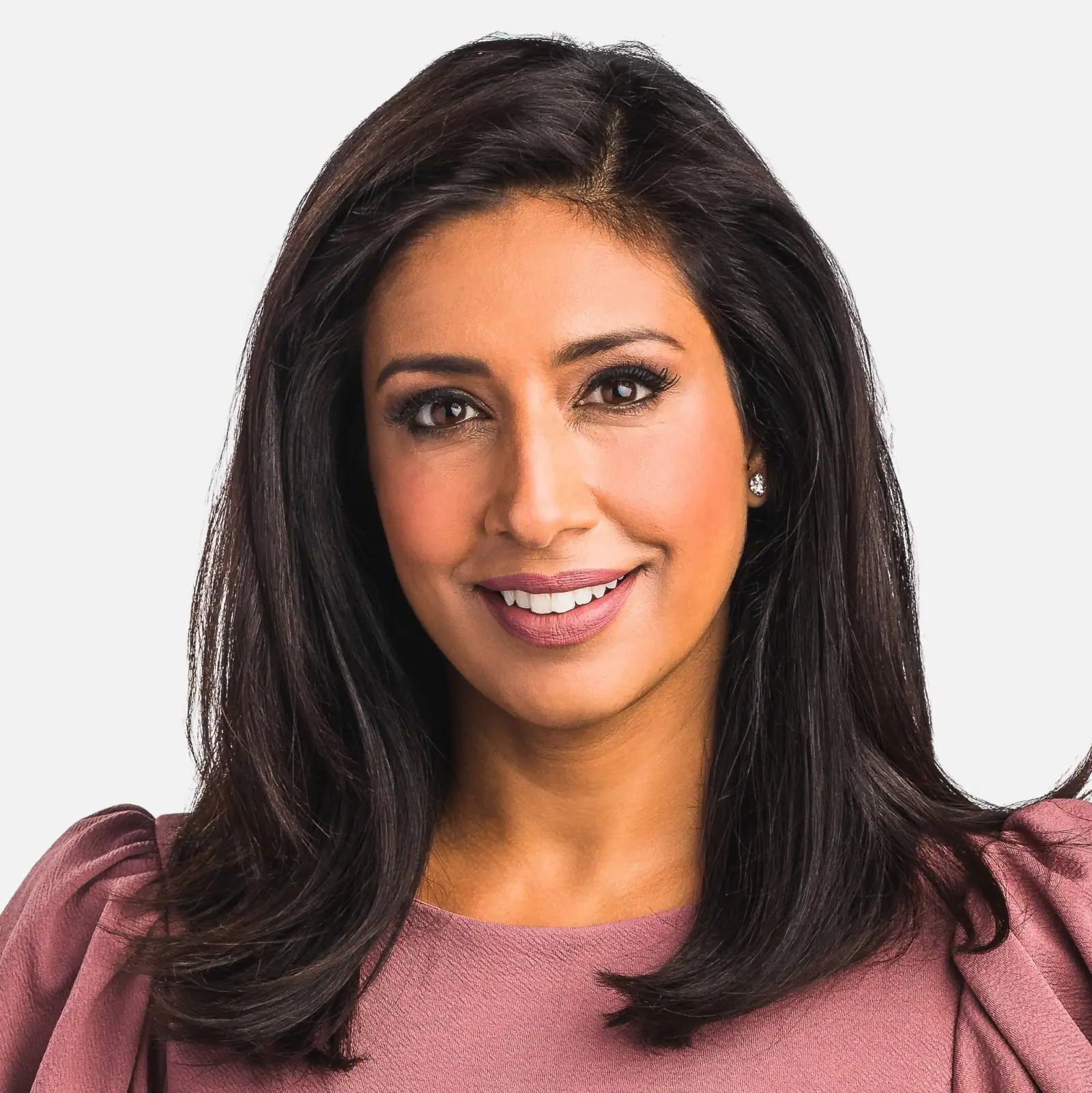
Jennifer Stewart: What has it been like covering the pandemic this year? The news cycles are always crazy and there are stories that impact everyone. But this year, there’s been that global sense of unity and despair because we’ve all experienced the pandemic, granted differently.
Farah Nasser: It feels like you’re living history and you want to document it as best as possible. But there’s really no time for critical thought sometimes; it’s happening so fast in front of you. It’s been challenging to cover just for the simple fact that we haven’t been able to really hold leaders accountable and governments accountable in the same way that we would in normal times.
It feels like you’re living history and you want to document it as best as possible.
Farah Nasser
I feel like we’ve tried our best to tell the stories. But I think there’s a lot of stories that have been missed during this pandemic and we’re going to see a flood of cancer cases, we’re going to see a lot of mental health issues. I hope we are able to cover the stories that we have, especially for our vulnerable communities.
Catherine Clark: You have covered some really massive stories. You’ve covered the Toronto van attack, you’ve covered terror trials, you’ve covered the recent and horrifying murder of the Opsahl family in London this spring. These are really harrowing and emotional events. How do you go about your reporting in a way that lets you convey information but also lets you reflect your own humanity?
Farah Nasser: I find that’s really the true challenge of my job. I’m someone who wears her emotion on her sleeve, and I’m a super feeler in the way that I can feel people’s energies. I have a hard time separating myself sometimes even in an interview. I’ve cried in many interviews, and I find it very difficult. But then I also remember that the story is not about me, and you have to be strong to cover these types of events and then go home and reflect.
One thing that’s been great in our industry that’s changed is that when it comes to the mental toll that it takes on journalists to cover a lot of these stories — like the van attack, seeing a body right in front of me — there was never really any help and now there is. I think that’s been really, really helpful.
Jennifer Stewart: You spent some time working for CNN in India many years ago. Can you talk to us about how that experience shaped you both as a person and as a journalist?
Farah Nasser: I just wanted to get out of Toronto and see another part of the world and how they covered us. It’s so different, and the stakes were so high. It went from local news coverage to a big summit between India and Pakistan when I was there. This was the summer before 9/11 and tensions were high. It was just fascinating to see how life was there. I think the way it really shaped me was recognizing inequity, and the disparity between the really rich and the really poor, in this country which is the world’s biggest democracy. It’s such a beautiful place, but it really opened my eyes to that.
And I felt like I wasn’t Indian enough — I didn’t speak the language well; people were kind of making fun of me a little bit. And I remember trying to wear Indian clothes, and people saying I can just wear regular clothes. It was interesting for me, having this multi-layered identity, being Muslim and East African. It was a very eye-opening experience, not just work-wise but really life-wise.
Catherine Clark: How do you deal with that? How do you deal with that sense of being different?
Farah Nasser: When I came back from India, or any of my travels, I felt Canada is this place where you land and it just doesn’t exist here. I think I really had blinders on for so long of how much it does exist here. There was an underlying tone that I was almost ignorant to or maybe didn’t want to recognize, and though I faced it at work when I first started in this industry, I saw Canada as this beacon. With what’s happened with especially Black and Indigenous peoples in this country and how they’ve been treated, it has just been so eye-opening to me, and it’s really saddened me because I don’t know if I have that feeling anymore about our country.
I know Canada is an amazing place to live and it is better than so many other places, and I think it’s really important to be honest, to recognize who we really are and who we were and who we hope to be in the future, and how things can change and evolve.
Farah Nasser
Jennifer Stewart: Canada is a wonderful country, but we still have a lot of progress to make. Have your children experienced racism? And do you think they’ll experience the same obstacles that you experienced as a child?
Farah Nasser: I don’t think they’ve experienced racism, but my son was playing with us and we gave him an old phone to just take pictures, and it has nothing on it, just the camera function. And for some reason, there was some filter thing. He pointed it at me and he said, “Oh, Mommy, this is a beautifying filter that makes you look more white.” And I was frozen. I’m the mom who’s bought Black and brown dolls. I’m the mom who bought that Crayola set with all the different colours of skin tones. I have worked so hard at this. How is my child saying this? And he’s eight. I just had to say that this is just skin colour. When my daughter was little, she had all these brown princesses, and she still gravitated towards the white dolls and the white princesses.
It’s really heartbreaking how internalized it is, even though you’re trying to show equality — it’s so ingrained in the media, in the stuff that they watch.
Farah Nasser
And even though I make the biggest effort, and my family does because they know how important it is, it still doesn’t have the effect I wish it had.
Catherine Clark: Do you think, Farah, that things are changing? Do you think that we are in a period now where things are legitimately going to change so that your kids don’t feel that way?
Farah Nasser: I’m really hopeful. I was doing this work. I think there is change, I really see a change in people’s attitudes, behaviours, speaking up, like even on social media. I think everyone is having this moment of reflection. I have goosebumps talking about it; I really believe that there is going to be a change. And I think it’s happening now. And I’m actually quite excited for the next generation.
Jennifer Stewart: I completely agree. You can feel the momentum. Whether you’re speaking with your neighbours or you’re on social media, there’s a change in the discourse of the conversation. And it’s not necessarily preachy, it’s people recognizing that they need to take this moment to reflect and that things need to change.
Farah, you’ve shared really publicly that you suffered a stillbirth when pregnant with twins, one twin survived while the other did not. I personally, as a mother, can’t imagine the trauma of that experience. And I’m so personally sorry that that happened to you. Why was it so important that you share this experience publicly?
Farah Nasser: I think it was just to kind of normalize the pain. When people see you, they think, “Oh, you have this great life,” and all that stuff. But I’m still suffering from what happened; I go through therapy. I still have anxiety about my own kids and what happened then, and anything that happens now I go from zero to 100 because I just worry that the worst possible thing could happen to them.
So, I think that it’s kind of this grief journey. I was on antidepressants; I was in a really bad place after this happened in terms of postpartum plus all this grief. And I think that it’s important that people know that it’s okay to get help, and you should get help, and that there’s really no shame in it. And it actually really surprised me how many women who were top executives, top people who were, like, “Okay, well, you have one left, like, get over it,” kind of thing. And not in those crass terms, but in the terms where it’s like, “Well, you have to move on, you have another kid.” And even women who said, “Well, I went through it, and it’s fine. I went through a miscarriage, and you just get out.” That’s not okay. We can’t think like that — it’s not healthy.
Catherine Clark: One of the other things that I also think about when I speak with people who have lost a child, is some people may not want to talk about it. But in other ways, I always try to mention the child who is no longer there only because I can’t imagine, as a parent, what it would be like to feel that maybe people had forgotten my child or my baby. And I wonder if that is something that you feel too, just that sense of wanting people to know that there was a little life that’s no longer with you and your family, but still a part of you.
Farah Nasser: Yeah, absolutely. I visit the cemetery quite often, and it gives me such peace. Some people don’t go to the cemetery or might not feel that, and some others do. But for me, I just sit there and I feel so close to him. And it’s just this feeling that is so beautiful. His name is Hussein, my son who passed away, and I had to carry him for six weeks after he had passed away in my body. And it was so difficult, because I couldn’t give birth to my other son because it would jeopardize his life. So, it’s a very unique experience, but it’s something that my son and I share, because we both are the only ones who kind of knew him in that way. So, we try to talk about it, I try to tell him that he has this other brother that is always an angel, always looking out for him. And yeah, I definitely don’t want him to be forgotten. I think that’s also a big part of why I speak about him.
Jennifer Stewart: I think so many people talk about recovery, but you truly don’t think you recover from something like that, right? How do you talk about the same with your son?
Farah Nasser: We talk about him as an angel. My daughter is actually quite obsessed with him right now, and just always talks about her two brothers and how her brother is always kind of looking out for her, and she’s so lucky because she has a brother that’s an angel and she has a brother that’s on Earth. So, she has two brothers taking care of her, that kind of thing.
And my son sees it the same way. It does really sadden me, though, because there has to be a connection there and parents of twins will tell you there is, and it makes me sad sometimes because you’re almost grieving in real time. Because I see my son who’s eight and I think about my other son who would have been eight.
It’s different for other people. For my husband, he doesn’t think about Hussein every single day. But I literally think about him every day because he was part of me, and part of me feels a little strange about that because I never met him. But I think as a mom, that bond and that connection is just so strong.
Jennifer Stewart: I think you’re incredibly brave. Now, you are such a strong authentic voice and presence in Canadian media. It’s obvious to me, and I’m sure to others, you are going to continue to have a significant impact in our country and within our media landscape. What is next for you?
Farah Nasser: A real passion of mine is bringing stories from outside to a Canadian audience to open up minds and open up hearts. We think these countries are so far. We talked about the vaccine issue, for example: we’re talking about this third dose when other parts of the world have not been vaccinated. We are so focused on our own lives and we have blinders on that we don’t see what’s happening in the world. And I’m really passionate about being a global citizen. I face a lot of guilt for not covering Indigenous stories — they should have been covered. I’ve been a journalist for 20 years, and I feel there’s so much more I could have done to give people voices.

